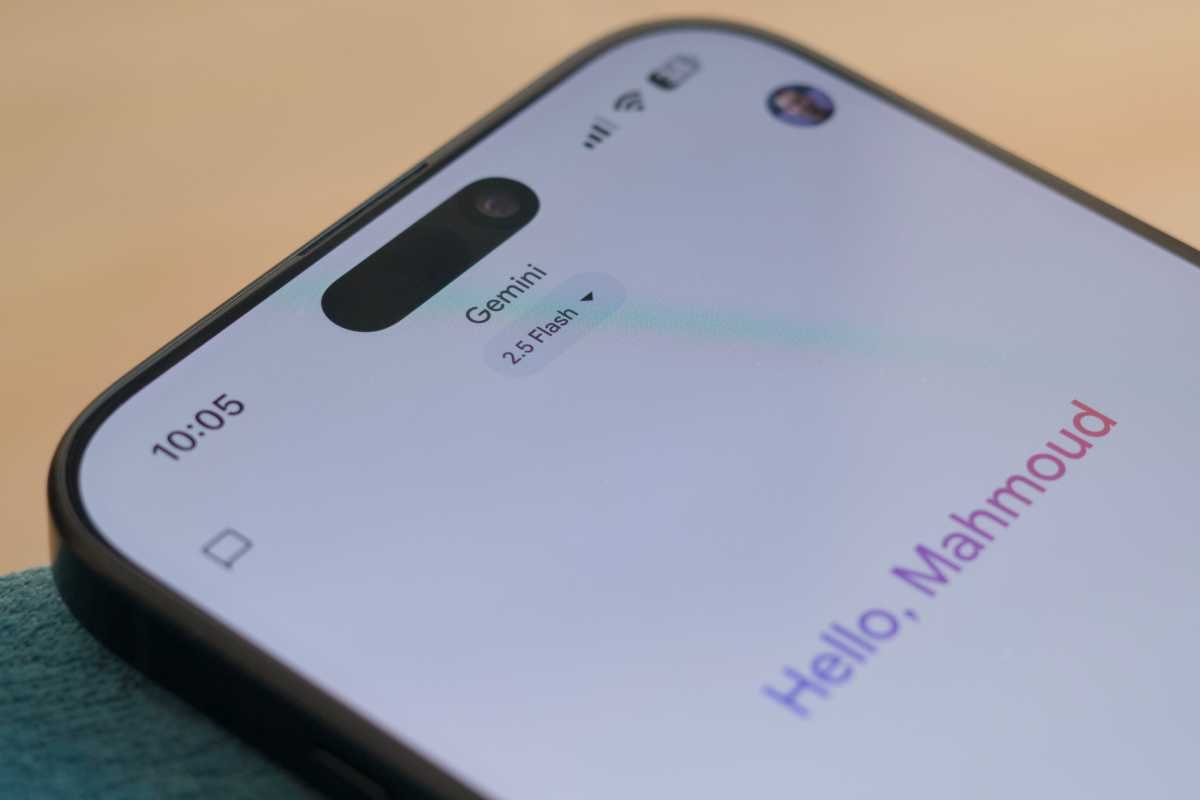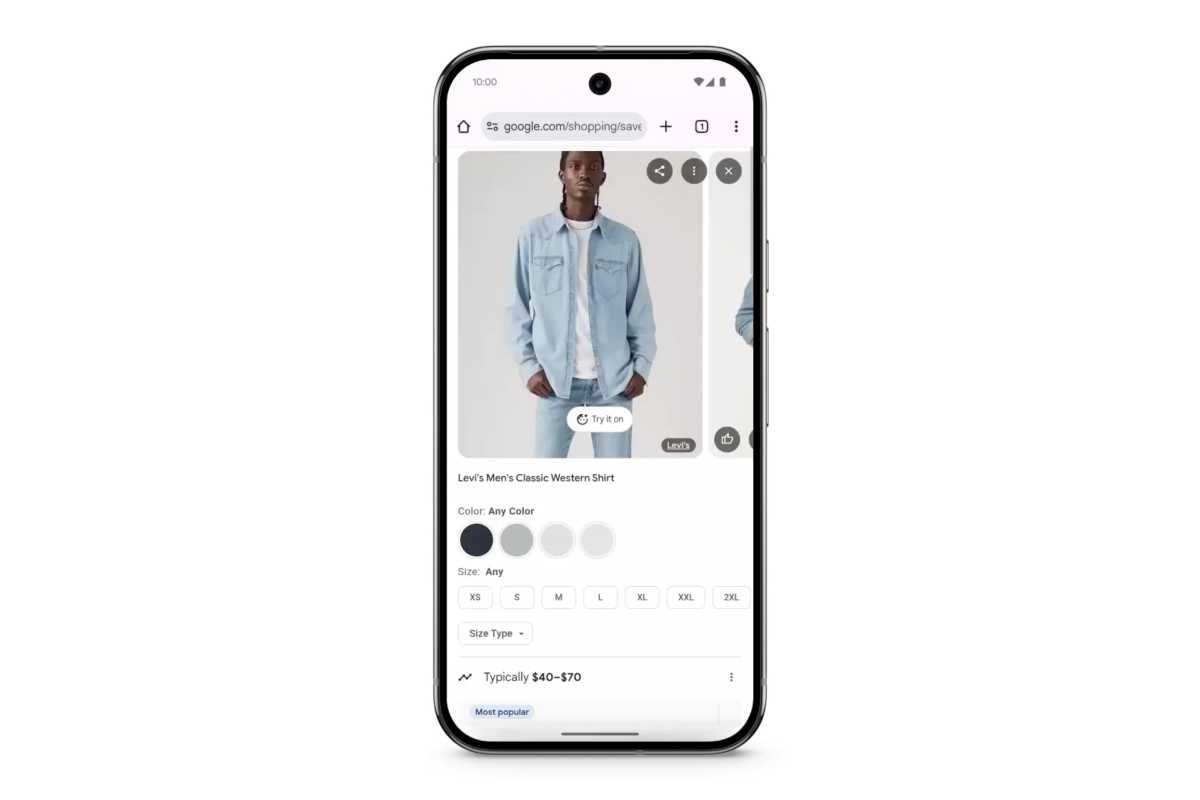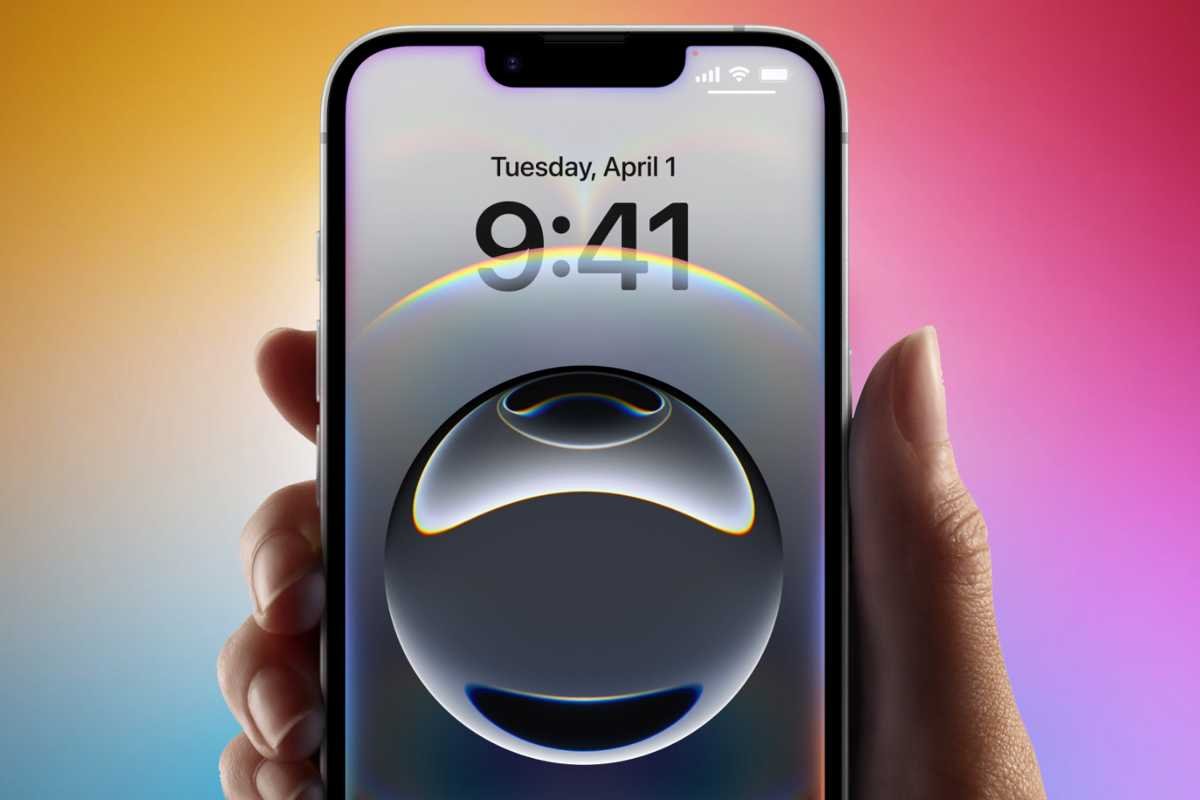I can’t think I’m about to indicate this, but I’m considering switching from iOS to Android. Not right now, but what I once considered an absurd view is quickly becoming a realistic option. While Apple may have an invincible lead in hardware, iPhones and Android phones are no longer on par with each other when it comes to AI and assistants, and the gap grows only wider. At its annual I/O conference on Tuesday, Google preview of Google did not just show some niche -Ai gimmicks that look great in a demo; It began a computer revolution that Apple simply won’t be able to repeat anytime soon, if ever.
Actions speak louder than words
The first thing I noticed under the most important I/O headnot was how safe the speeches were. Unlike Apple’s can Apple Intelligence -Demo at last year’s WWDC, Google chose Live Demos and presentations that only reflect its strong belief that everything is just working. Many of the announced features were made available on the same day, while some others will follow as soon as this summer. Google did not show (primarily, at least) non-existent concepts and mockups or forested the event. It probably didn’t make promises that it can’t keep either.
If you have high AI heap on WWDC25 I would like to remind you that the latest rumors suggest that Apple will ignore the elephant in the room possibly focus on Revolutionary New UI and other noni products instead. I understand that Apple’s hard position – given how last year’s AI vision crumbled before the eyes – but I would like to think that a company of this size could have acquired to build a functional product over the past 12 months. For the first time in as long as I can remember, Google sells confidence and accountability while Apple is hiding behind glittering smoke and mirrors.
Google’s demos at IO showed AI’s true power.
Foundry
Apple’s tight grips will only strangle innovation
A few months ago, Apple Chatgpt added to Siris toolbox and let users rely on Openai’s models for complex queries. While a welcome addition, it is unintuitive to use. In many cases, you must explicitly ask Apple’s virtual assistant to use chatgpt, and any unintended taps on the screen will reject the entire conversation. Without Chatgpt, Siri is just a voice commander with bare bones that can set timers and, at best, retrieve basic information from the Internet.
Conversely, Google has built an internal AI system that is fully integrated into recent versions of Android. Gemini develops from a basic chatbot to an integral part of Google’s ecosystem. It can examine and generate proper reports, video chat with you and withdraw personal information from your Gmail, Drive and other Google apps.

Gemini is already light years in front of Siri and it only gets better.
Foundry
Google preview of Project Astra, which lets Gemini fully control your Android phone thanks to its agent capacities. It looks like the renewed Siri with context awareness on screen (that Apple is reportedly rebuilding from scratch), but much more powerful. While yes, it’s still just a prototype, Google has apparently delivered on last year’s promises. Despite the notorious killing and ommarking projects all the time, I actually think the AI plans will be realized because it has constantly delivered finished products to the users.
Unlike Apple, Google also brings some of its AI features to other platforms. For example, the Gemini app for iPhone now supports the LIVE -VideOchat feature for free. There are rumors that Apple opens some of its AI models on device to third-party app developers, but these are likely to be limited to writing tools and photo playground. So while Google is willing to develop more advanced features for iOS, Apple’s system restrictions would smash them. Third -party developers cannot control us, so Google will never be able to build the same comprehensive tools for iPhones.
In addition to the basics
Google’s AI plan is not strictly revolves around his Gemini -Chatbot, which provides information. It creates a new computer experience driven by artificial intelligence. Google’s AI is going to search and chrome to help with web browsing in real time.
E.g. Will Gemini help users shop unique products based on their personal preferences and even practically try clothes. Similarly, other Google AI tools can code -interfaces based on text prompts, generate video clips from scratch, create music, translate live meet conferences and so on. Now I see how dystopian all this can be, but with fair use it will be an invaluable resource for students and professionals.
Meanwhile, what can Apple Intelligence do? Generate cartoons and proofreading articles? While I appreciate Apple’s private, primarily for-device approach, most users are interested in the results, not the underlying infrastructure.

Google’s Try It On Mode uses AI to show what something will look like before you buy it.
Foundry
The wrong way
Under I/O, Google shared its long-term vision for AI, adding robotics and mixed reality headsets to the equation. Down on the road, the company plans to operate machines using the knowledge that AI wins every day. It also demoed its upcoming smart glasses, which can mirror Android telephony arms, send texts, translate conversations in real time, scan surrounding objects and much, much more.
While Apple prioritized the Vision Pro headset that no one asked for, Google has focused its efforts on creating the slim, practical device users who actually need-one more powerful Ray-Ban Meta-Rival. Before long, Android users are rocking stylish glasses and hardly wearing their smartphones in public. Meanwhile, iPhone users are likely to be locked out of this futuristic experience because third-party accessories cannot read iOS messages and interact with the system in the same way.
Apple is running out of time
iOS and Android launched as two contrasting platforms. First, Apple boasted its stability, security and private approach, while Google’s vision was about adaptation, easy to counter and openness. Over the years, Apple and Google have learned from each other’s strengths and applied the necessary changes to reassure their respective user bases.

Apple Intelligence had Priomise, but Apple has failed to deliver its most ambitious features.
Foundry
Recently, it seemed that the two operating systems were finally crossed: iOS had become more personalizable, while Android deployed stricter protection frames and privacy. However, the perceived overlap lasted only for a moment – until the AI boom changed everything.
The smartphone, as we know it today, seems to fade away. AI companies are actively building integrations with other services and it changes how we interact with technology. Mobile apps could become less relevant in the near future as a universal chatbot would perform the necessary tasks based on users’ text and voice messages.
Google slowly sets this new standard with Android and if Apple can’t keep up with the times, iPhone’s relevance will face the same fate as so many Nokia and Blackberry phones. And if Apple doesn’t act quickly, Siri will be a distant memory.
